"If we are forced to unite on issues where we disagree, it will tear the European Union apart. Migration is one such issue, and it's pulling us apart," Prime Minister Viktor Orban said at this year's Cernobbio Forum in Italy, which is now in its fiftieth year.
PM Orban pointed out that it has become a serious problem in Italy and other countries where, after allowing many migrants in, locals are struggling to coexist with them.
However, there are countries that have never gone down this road. We have never let them in, so we have no migrants at all—zero,
– PM Orban emphasized. He added, "Our problem is not how to live with them, but how to prevent them from entering our country. "These are two different issues, and these two distinct challenges cannot be addressed with the same political tool," he continued.
It would be much better on the issue of migration to allow opt-outs for countries that do not want to follow the common migration policy. It’s better to give them a chance to opt out than to force them into a unified policy, which risks tearing Europe’s structure apart through conflict,
– Mr. Orban stressed. He told the forum that there was consensus on the fundamental values of Europe and that no one was disputing those. "There is a basic treaty that clearly outlines the European Union's core values," he said.
However, there is disagreement on existential issues, where we see things differently,
– Mr. Orban stated.
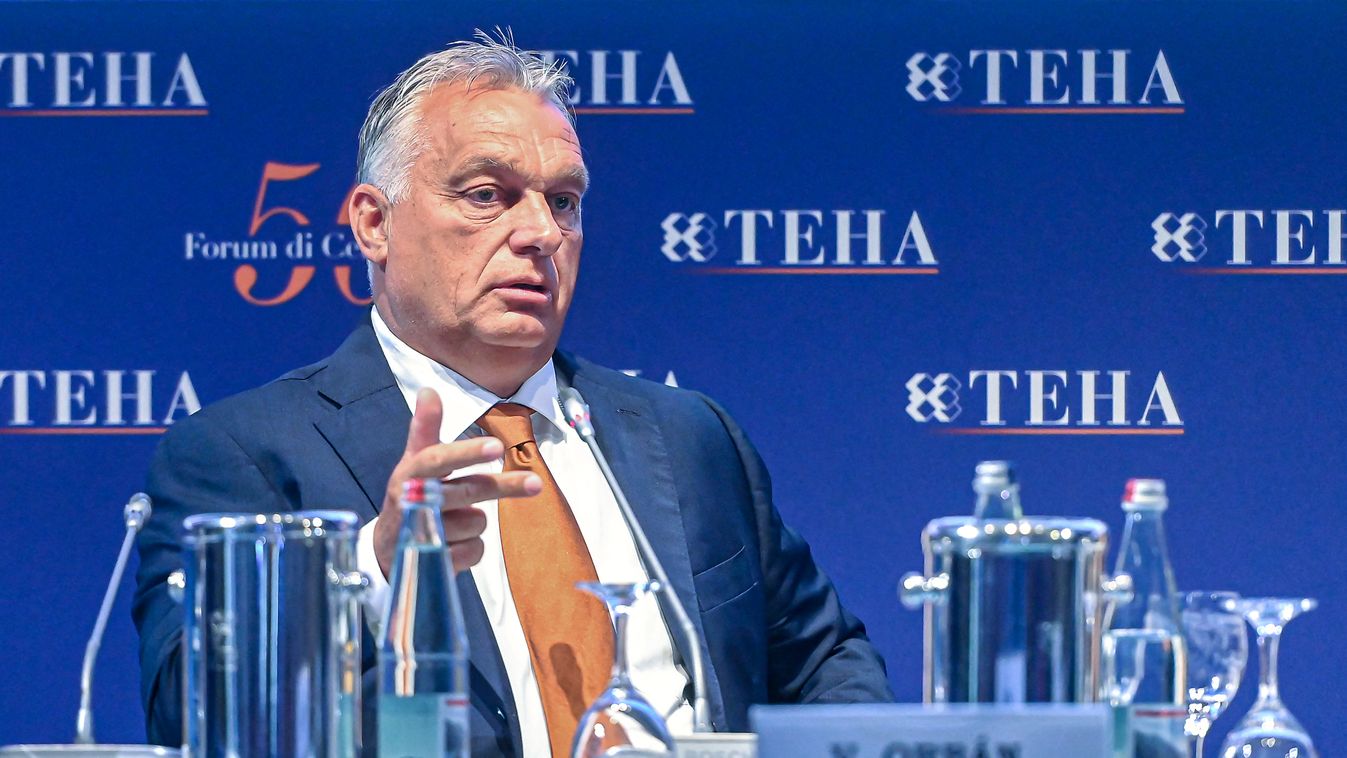





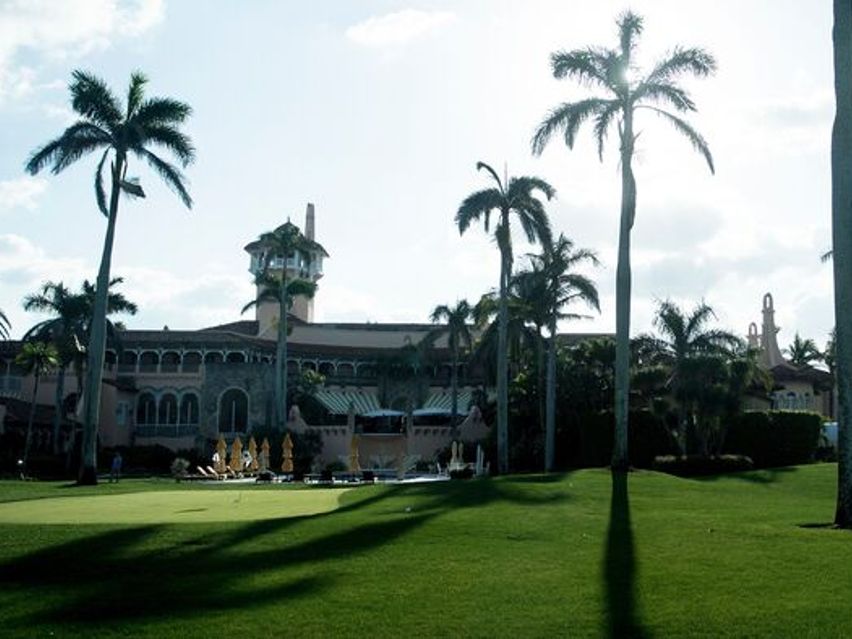
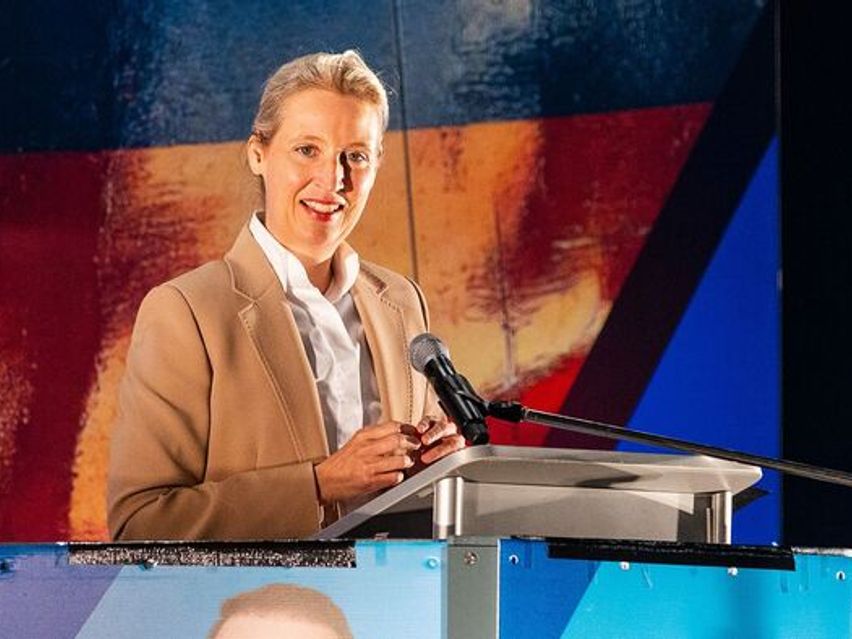

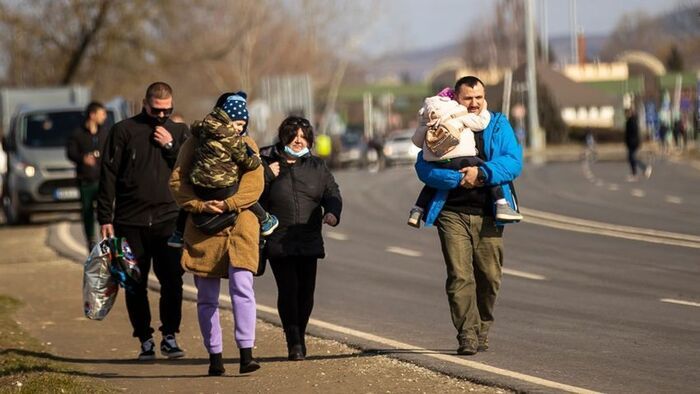


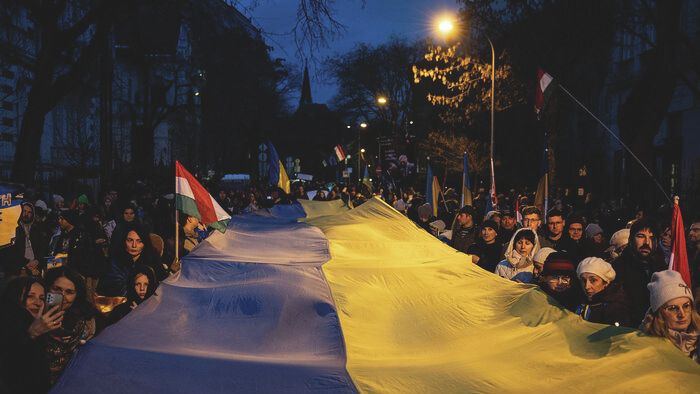
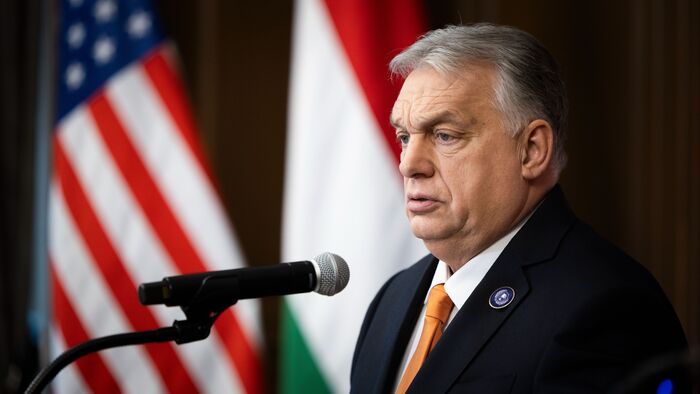
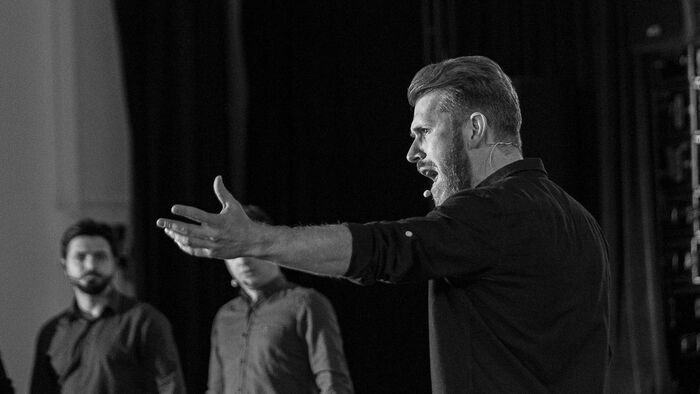
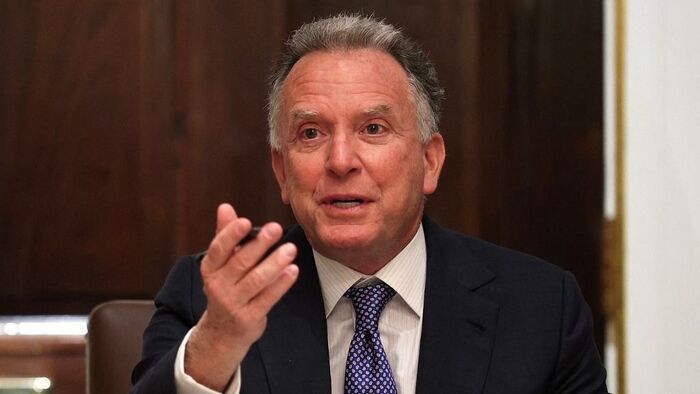
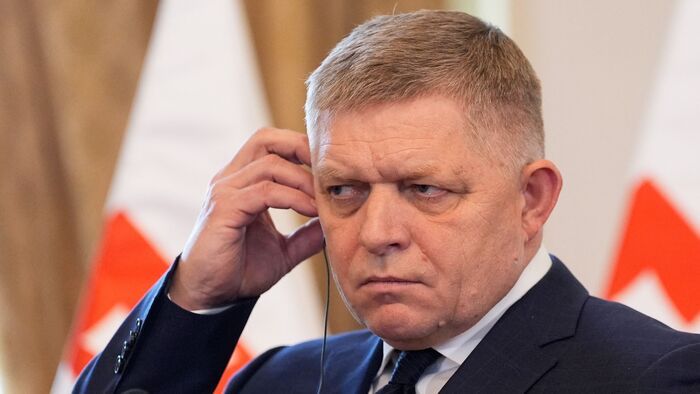



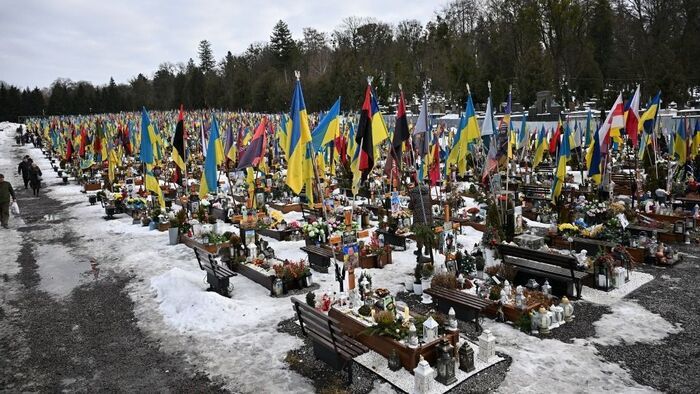
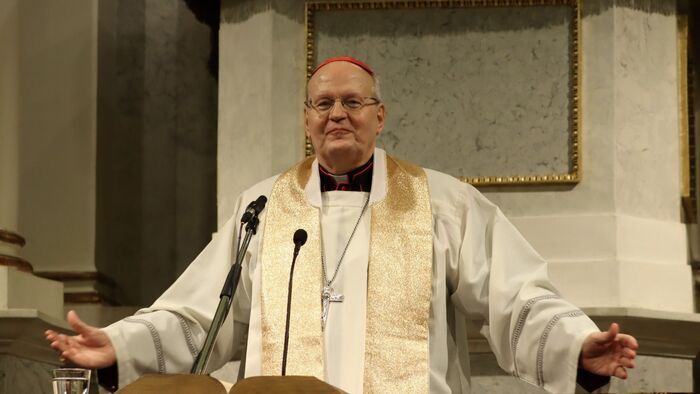

Szóljon hozzá!
Jelenleg csak a hozzászólások egy kis részét látja. Hozzászóláshoz és a további kommentek megtekintéséhez lépjen be, vagy regisztráljon!